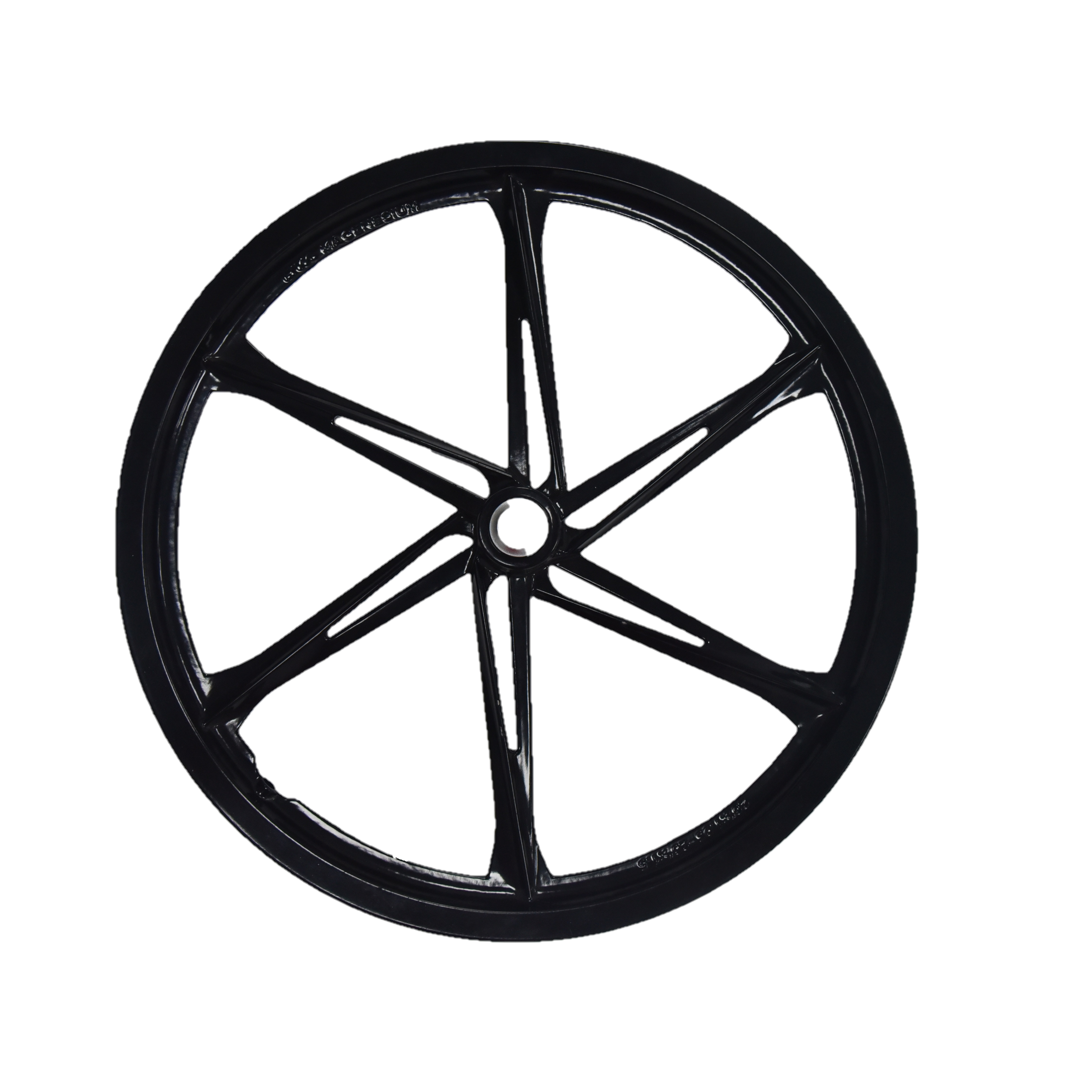Aluminum machining is a crucial process in precision manufacturing that involves shaping and forming aluminum parts to meet specific design requirements. With its lightweight, corrosion-resistant properties, and excellent strength-to-weight ratio, aluminum has become a popular choice in various industries, including aerospace, automotive, and electronics. This article aims to provide an essential guide to aluminum machining, discussing its benefits, techniques, and challenges.
Benefits of Aluminum Machining:
1. Lightweight: Aluminum is one-third the weight of steel, making it ideal for applications where weight reduction is essential, such as aircraft and automotive industries. Its lightweight property also contributes to fuel efficiency and increased payload capacity.
2. Corrosion Resistance: Aluminum forms a protective oxide layer when exposed to air, which acts as a barrier against corrosion. This inherent property makes aluminum suitable for outdoor applications that require long-lasting durability.
3. Excellent Strength-to-Weight Ratio: Despite being lightweight, aluminum exhibits remarkable strength. Its high strength-to-weight ratio enables the production of structurally sound components that can withstand heavy loads, making it an ideal choice for various engineering applications.
4. Thermal Conductivity: Aluminum has excellent thermal conductivity, which means it effectively dissipates heat. This property is advantageous in industries that require efficient cooling, such as electronic devices and heat exchangers.
Aluminum Machining Techniques:
1. CNC Machining: Computer Numerical Control (CNC) machining is a widely used technique for aluminum machining. It utilizes computer-controlled machines to remove material from aluminum blocks, resulting in precise and complex shapes. CNC machining offers high accuracy, repeatability, and the ability to produce intricate parts with tight tolerances.
2. Turning: Turning is a machining process that involves rotating the aluminum workpiece against a cutting tool. This technique is suitable for producing cylindrical parts, such as shafts, rods, and tubes. Turning can be performed manually or using CNC lathes, enabling high precision and rapid production.
3. Milling: Milling involves removing material from the aluminum workpiece using rotating cutters. It is a versatile technique that allows for the production of various shapes, including slots, pockets, and complex contours. CNC milling machines are commonly used, offering precise control and the ability to create intricate designs.
Challenges in Aluminum Machining:
1. Chip Control: Aluminum produces long, continuous chips during machining, which can cause chip accumulation and affect the cutting process. Proper chip evacuation techniques, such as using appropriate cutting tools and coolant supply, are essential to maintain machining efficiency.
2. Work hardening: Aluminum tends to work harden during machining, resulting in increased cutting resistance and reduced tool life. To mitigate this issue, using appropriate cutting parameters, such as cutting speed and feed rate, and selecting suitable tool materials are crucial.
3. Surface Finish: Achieving a high-quality surface finish is essential in many applications. Aluminum can be challenging to machine due to its softness and tendency to generate burrs. Using sharp cutting tools, proper tool geometry, and adequate coolant can help achieve the desired surface finish.
Aluminum machining plays a vital role in precision manufacturing, offering numerous benefits such as lightweight, corrosion resistance, and excellent strength-to-weight ratio. Techniques like CNC machining, turning, and milling enable the production of intricate and precise aluminum parts. However, challenges related to chip control, work hardening, and achieving a high-quality surface finish should be carefully addressed to ensure successful aluminum machining operations. With its wide-ranging applications, aluminum machining continues to be a critical process in various industries, driving innovation and advancement in precision manufacturing.
-

- Детали БПЛА для тиксомолдинга из магниевого сплава
-

- Литье под давлением сплава марганца Тиксоформование металлических деталей
-

- Factory Custom China Bmx Cycles Road Sport Kids Bicycle 12 16 18 20 Inches Cycle Mtb For Kids 6-10 Year
-

- CNC machined parts & components
-

- CNC machining auto dashboard bracket
-

- Magnesium alloy thixomolding die-casting UAV parts C

 0086-750-5616188
0086-750-5616188 +86 13392089688
+86 13392089688 sales@zhongmei-tech.com
sales@zhongmei-tech.com








